Life in Málaga—A retreat, France, racism. Oh, and Feria.
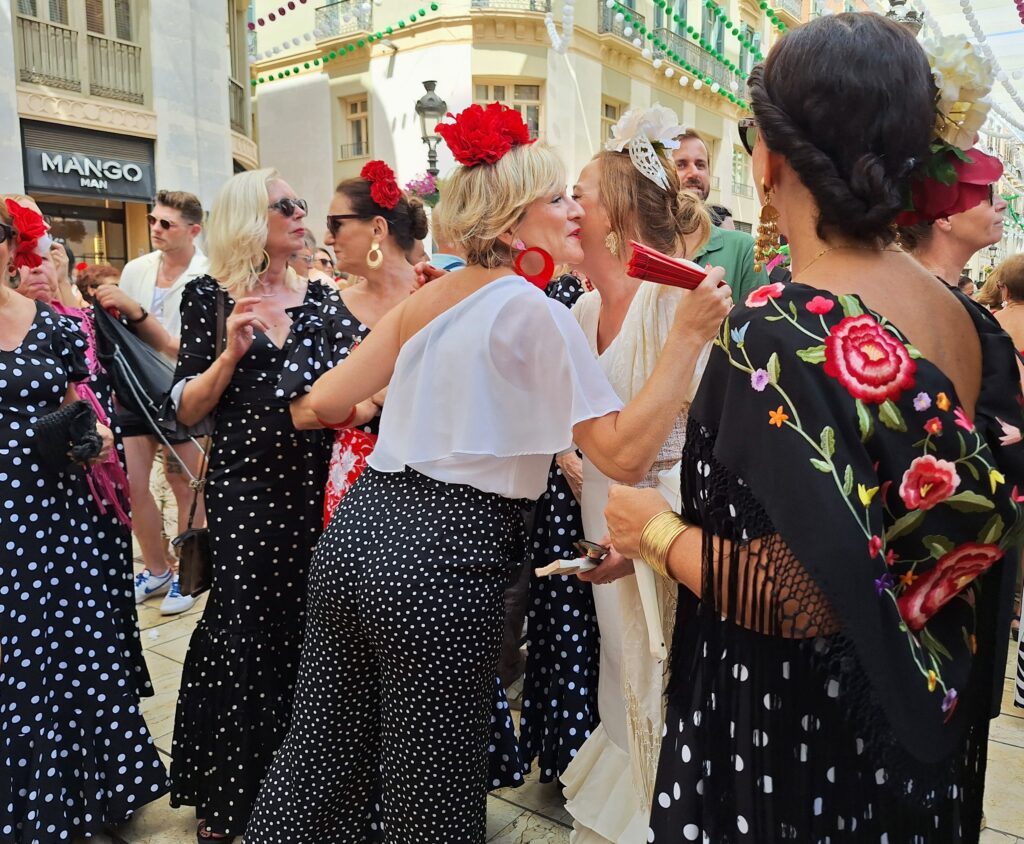
August in Málaga means Feria, when women don traditional Flamenco dresses and accessorize with flowers, fans, and shawls, when countless bottles of the sweet Cartojal wine are poured, and song and dance, both planned and spontaneous, fill the streets of the Centro by day and the fairgrounds by night. And it happens during some of the hottest days of the summer. More about Feria later.
During the first part of August, I finished up a week at a writing retreat in the Spanish Pyrenees near the French border, which we crossed one morning to visit La Musee du Gateau Basque to watch the pâtissier demonstrate how the traditional Basque cake is made. One of the retreat participants was a French speaker who translated for us, but it was also fun to just watch and listen without a clue.
The retreat was held at Casa Alkeberea, a working sheep farm, so the sound of sheep bells was a constant, buoyant soundtrack to our stay. Meals on the patio often offered a close-up view of the grazing woollies under the watchful eye of the farm dog, and on occasion, we would also be treated to the sight of a pig or two snuffling at the fence. Every day, we could enjoy delicious sheep’s cheese made on the farm. The food was consistently yummy and beautiful, the company of writers was gracious and smart, and Diana, the facilitator, was insightful, caring, and knowledgeable. I worked on a new novel on the theme of desire, a topic inspired by Jhumpa Lahiri’s story “Dante Alighieri” in her collection Roman Stories. I read it several years ago, but it has dwelled in me since, whispering desire, desire, desire.
After leaving the retreat I took a bus to Bayonne, France with its well-preserved medieval center. It seemed the perfect-sized city to land in after emerging from a week in rural, sheep-studded surroundings. I loved walking the narrow stone streets at the end of which rose the Gothic spires of the Saint-Marie cathedral and strolling along the river Nive where it soon meets the Adour.
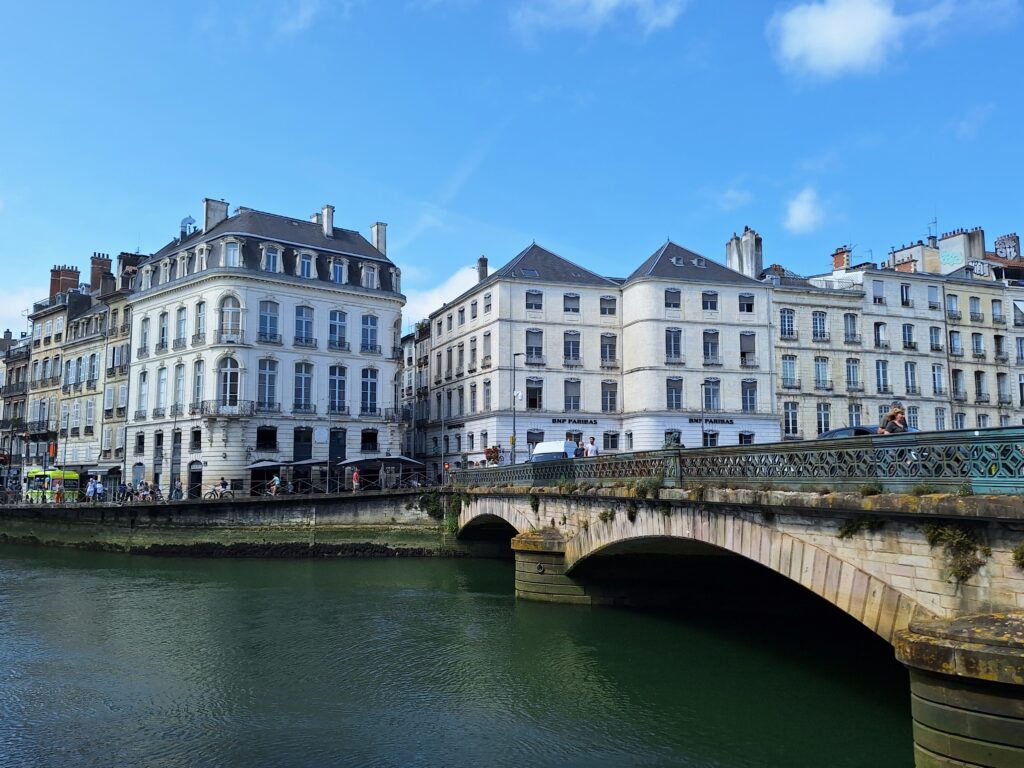
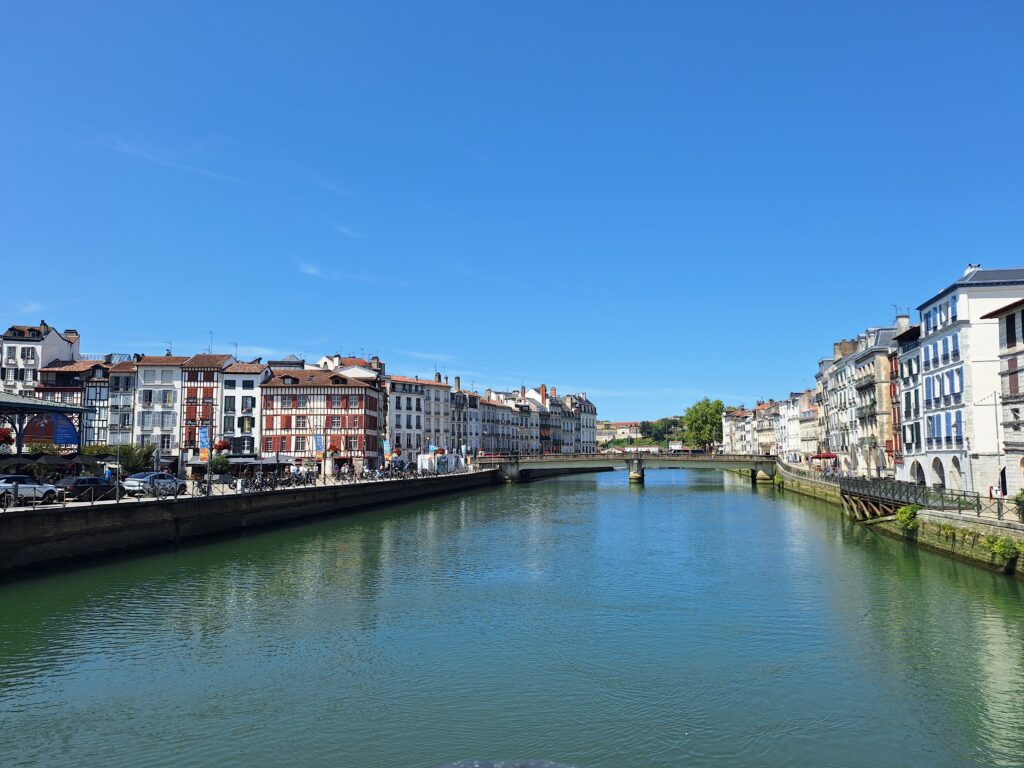
Often, I just found a place to sit—near the river, outside the botanical garden, in a café—to soak up the atmosphere, to people-watch, and to contemplate the succession of wars and rulers, how chocolate came to the region (Jews upon their expulsion from Spain), that the bayonet was born as a result of Bayonne peasants affixing long knives to their muskets, and that bullfighting has a long tradition here.
A few days later I took a train to Bordeaux and its gorgeous neoclassical buildings that have earned its UNESCO World Heritage status. A walking tour helped orient me and provided snippets of history: Under the Romans, Bordeaux was a walled city (my hotel was a half block from one of the original gates); the Bordeaux architecture was copied by Paris; Eleanor of Aquitaine, queen of France and later of England, was a thorough badass with immense power and influence who survived a prison sentence and outlived all ten of her children. I had some great meals in Bordeaux, including one at the La Cité du Vin, a museum of more interest to an actual wine lover than the occasional sipper. After drifting through the exhibits, I headed to the rooftop for the glass of wine that came with the price of admission. It seemed appropriate to choose a Bordeaux white. And then it was down a level to the fancy restaurant for a very good and pleasingly presented lunch. Evenings in Bordeaux always ended along the river Garonne where people gathered on the lawns or on the steps of the Water Mirror that reflected the elegant buildings of the Place de la Bourse. There was often a breeze off the river, a much-needed refreshment after the near-100-degree daytime temperatures. Except for the heat in Bordeaux, my first experience in France was merveilleuse.
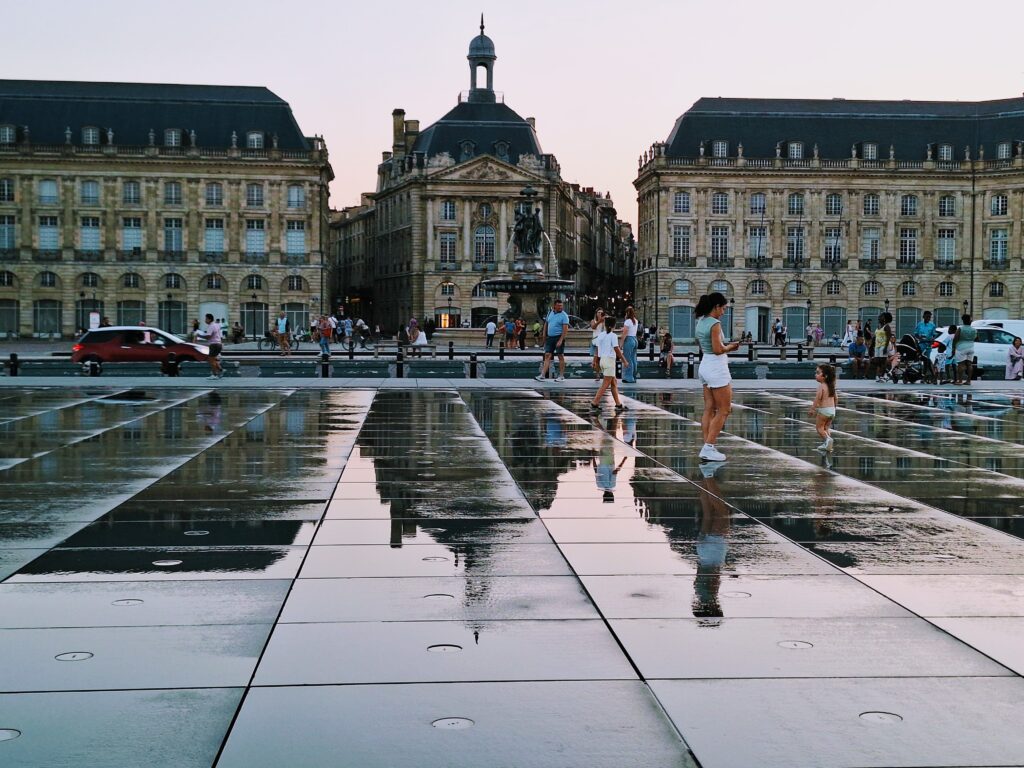
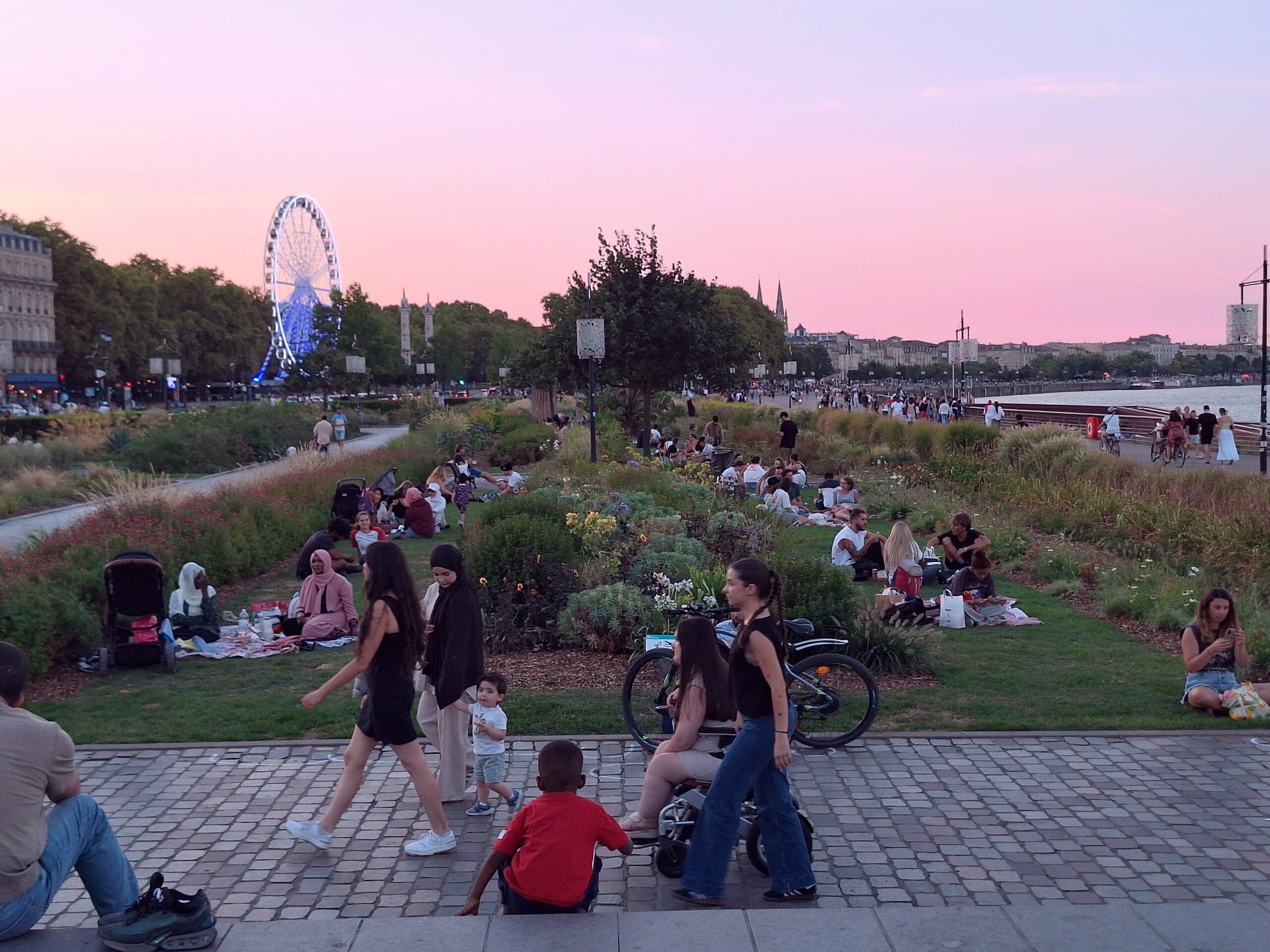
Soon after I returned to Málaga, I went to the movies. The Cine Albéniz in Málaga Centro had been running a series of classic American films, among them Breakfast at Tiffany’s. I first saw this movie probably a few years after its 1961 release when I was about twelve on my family’s black and white TV. I was enchanted with Audrey Hepburn, but I knew even then that Mickey Rooney’s portrayal of a Japanese man was racist garbage, though I’m sure I didn’t articulate it in those terms. It was a gut feeling, a deep rejection of a kimono-clad white man whose eyes were made to slant and top teeth made to buck and who stumbled and bumbled about and banged his head on the Japanese lantern that hung above his bed each time he was rudely awoken by Hepburn’s Holly Golightly character who, never bothering to carry her apartment keys, rang his bell and addressed him as “you dear little man,” when he protested the intrusion. Rooney as Mr. Yunioshi is the running joke in the movie, a caricature meant to amuse until he turns into a snitch and is responsible for the arrest of Hepburn and George Peppard, the love interest. Someone to laugh at and then turn against.
feeling, a deep rejection of a kimono-clad white man whose eyes were made to slant and top teeth made to buck and who stumbled and bumbled about and banged his head on the Japanese lantern that hung above his bed each time he was rudely awoken by Hepburn’s Holly Golightly character who, never bothering to carry her apartment keys, rang his bell and addressed him as “you dear little man,” when he protested the intrusion. Rooney as Mr. Yunioshi is the running joke in the movie, a caricature meant to amuse until he turns into a snitch and is responsible for the arrest of Hepburn and George Peppard, the love interest. Someone to laugh at and then turn against.
After the movie, I sat at a café with a group of people— two were friends and three were Europeans I had only met that night. They were educated, affable, and well-traveled, with careers in the arts. During the conversation about the movie, most agreed it was less a romantic comedy as advertised and more a sad tale of a young woman of little means trying to make it in a materialistic world on her looks, charm, and guile. The emotional chaos such a pursuit engenders nevertheless comes to a Hollywood happy ending.
But then I was astounded to hear the three people I had just met and hardly knew praise Mickey Rooney’s performance. I was just digesting this information, my brain in stunned wtf mode when suddenly the conversation shifted to another topic, and it seemed the opportunity to challenge that praise had evaporated in the 90-degree night air. Everyone had moved on, so I did too. But not completely. The favorable comments on Rooney’s racist portrayal and my failure to speak up unsettled me. It was after midnight when I got home, and I decided to download Capote’s Breakfast at Tiffany’s on my Kindle. And despite having just seen the movie, reading the novella did not conjure Audrey Hepburn or George Peppard or Mickey Rooney. I knew I was experiencing something entirely different from the movie. Mr. Yunioshi hardly figures at all in the story, and it was another tenant who called the police on Hepburn and Peppard. Mr. Yunioshi was a racist invention of the screenwriter. I was tired. I went to sleep. I woke up the next morning and the regret at not speaking up about the racist caricature delivered by Mickey Rooney overwhelmed me. I felt revulsion and disappointment. I thought of how this movie had been made less than two decades after the United States government had incarcerated Japanese Americans during World War II. And I think of how racism is now practically an official policy of the Trump administration. And I also realize that this was not the first time I’ve encountered Europeans who do not see the racism that is manifestly apparent to me. The only grace of that movie, aside from Hepburn’s lovely countenance, is “Moon River,” a song that evokes both nostalgia and longing, and what most of us want—a desire to see the world, however big or small. But some do not have that luxury because of inequities in life, many of which are caused by racism.
But let’s end with Feria, that eight-day celebration in Málaga which originally commemorated the takeover of the city by the Catholic Monarchs in 1487 but now is viewed largely as a celebration of Andalucian culture. Because the weather was way too hot for me to venture outside to acknowledge either reconquest or flamenco tradition, I missed most of the daytime feria events in the Centro. And I passed on the night feria at the fairgrounds which is fun for about fifteen minutes until the noise and crowds and the colored lights become one big sensory overload nightmare. But on the last day of the daytime feria, I caught a little bit of the magic when spontaneous performances pop up in the street—part of the beauty of living in Málaga. Because you can never become ho-hum about living in this city.
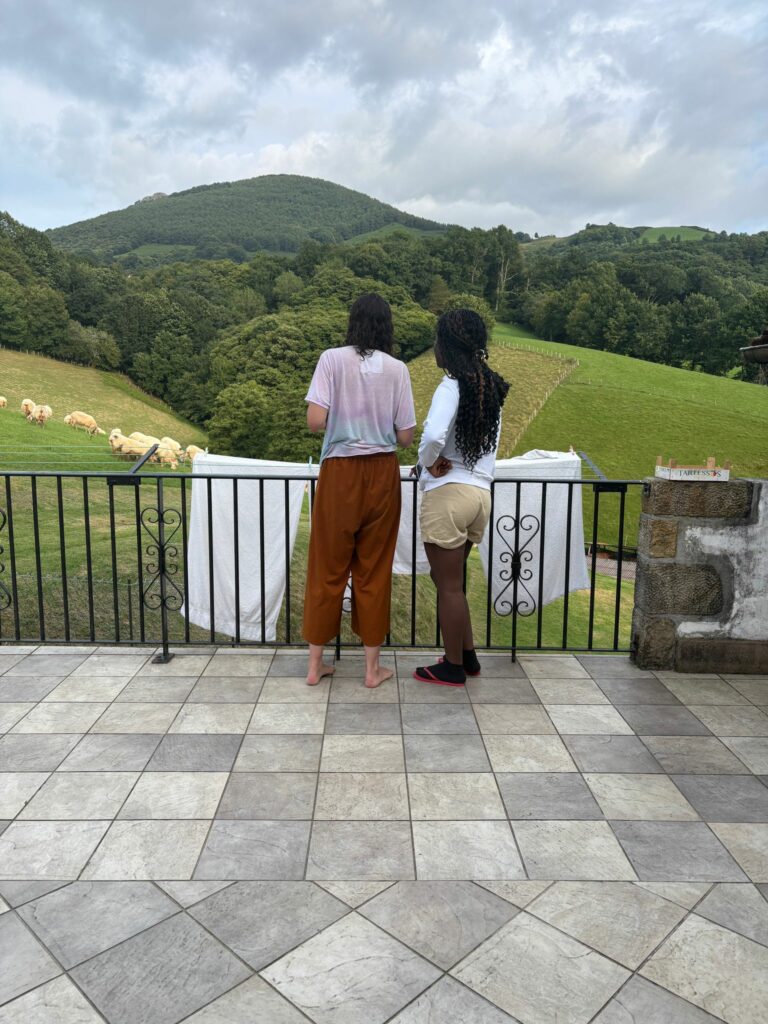

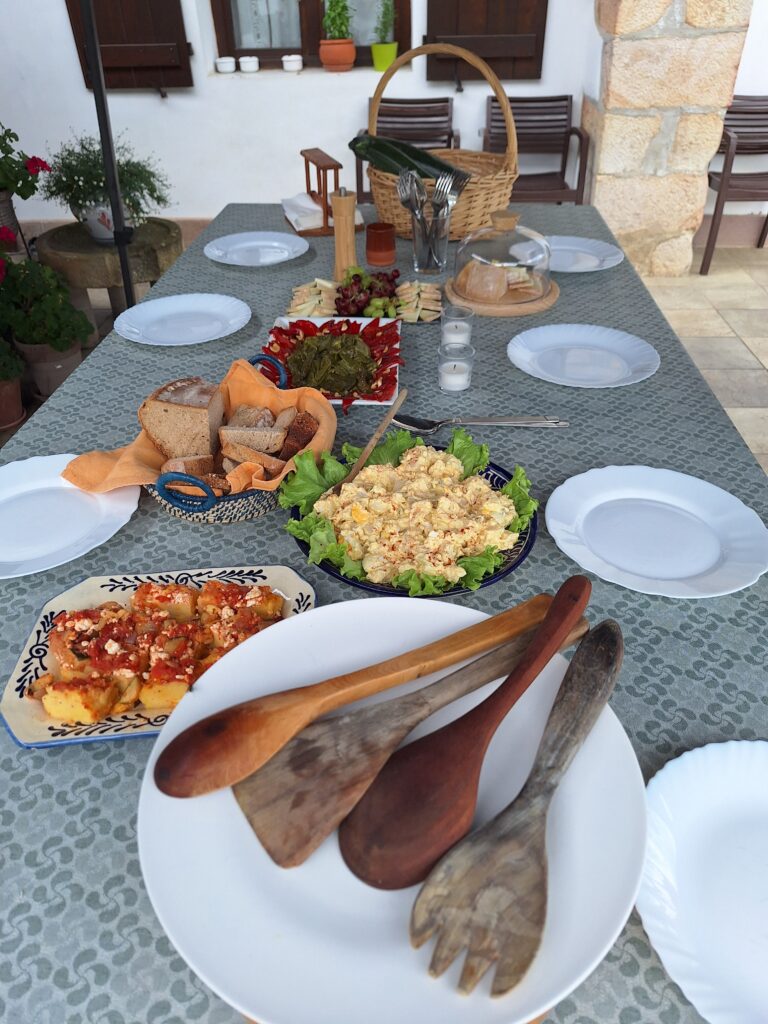
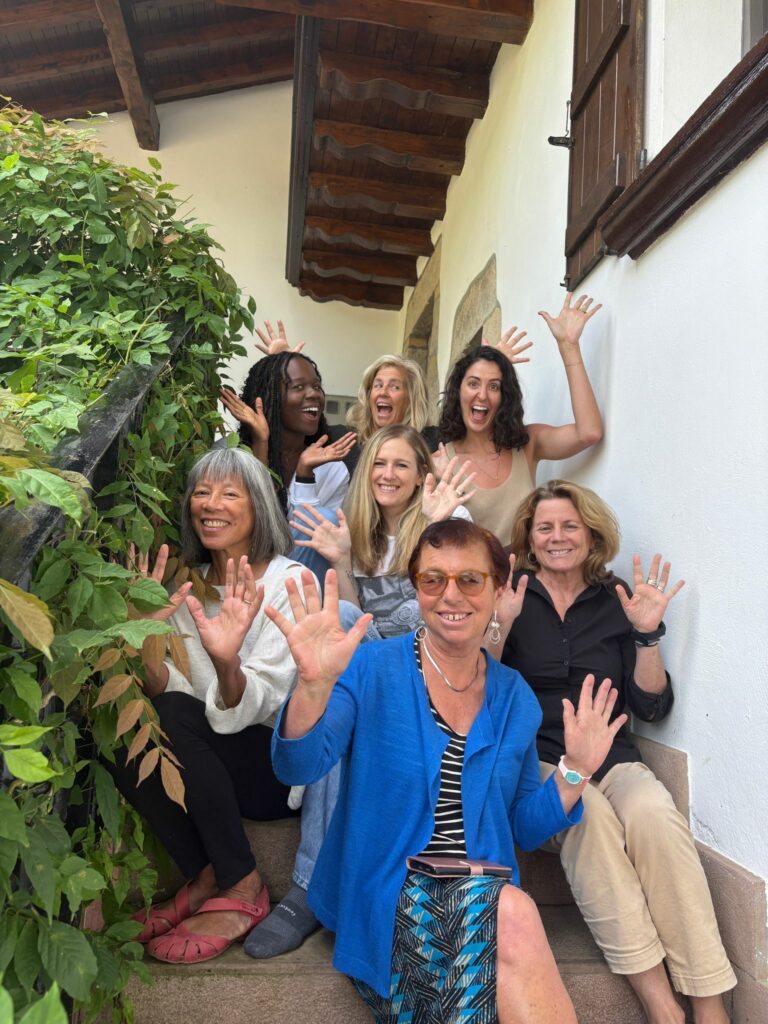
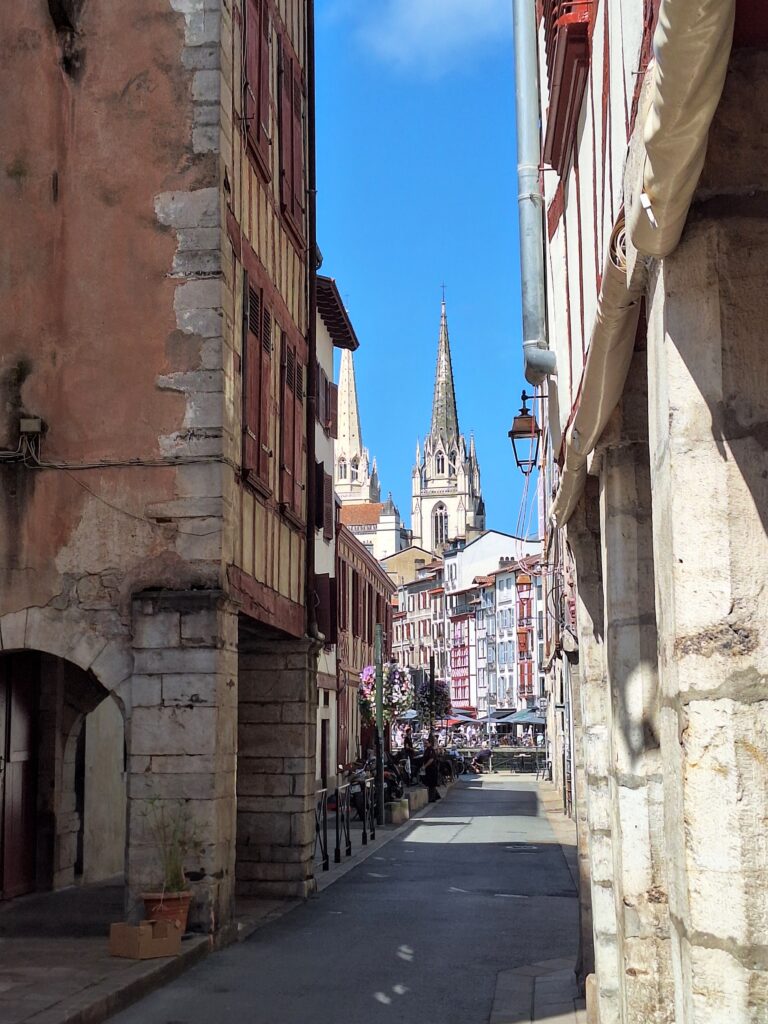
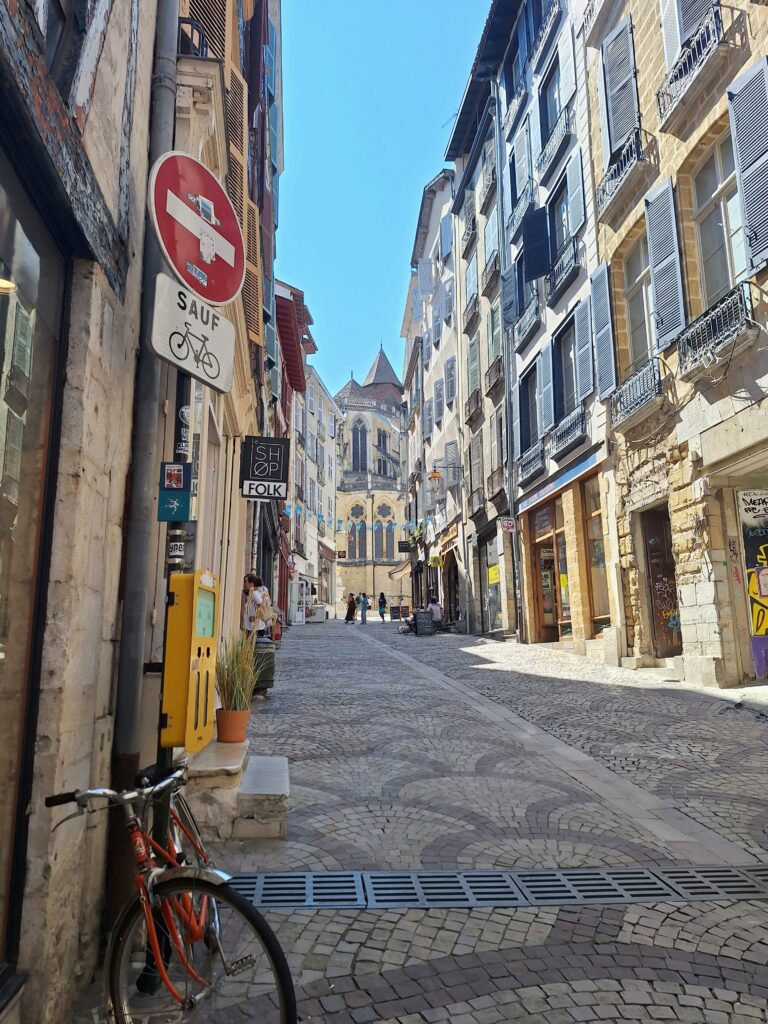
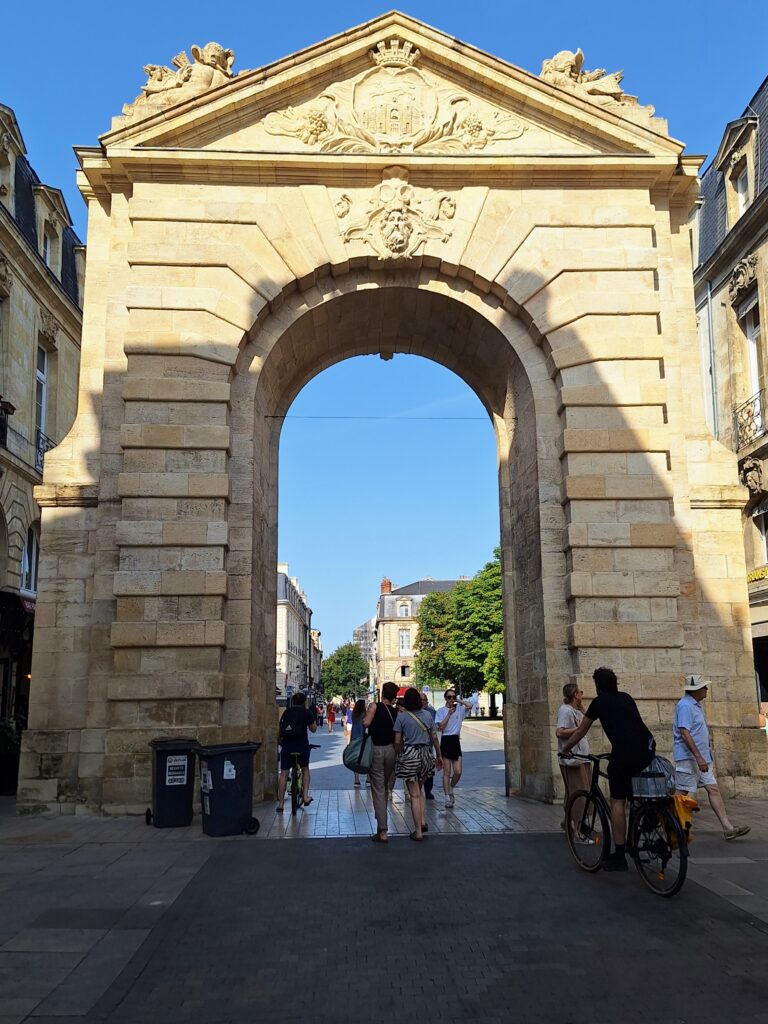
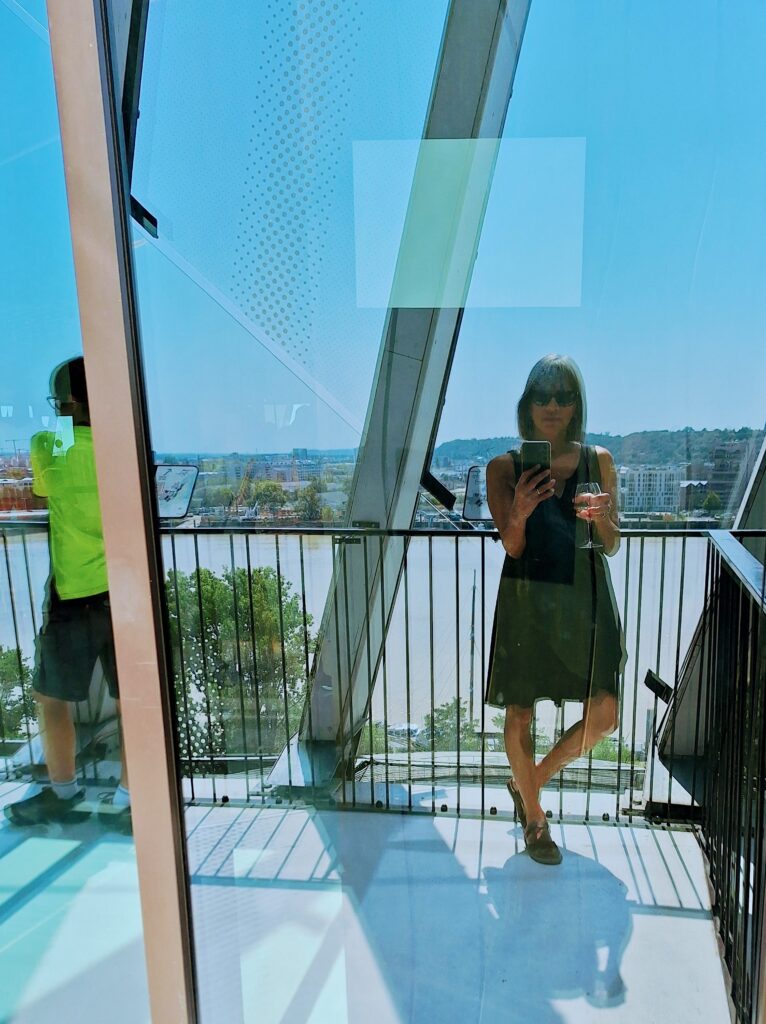
Thank you, Donna, for this thoughtful and festive post. I loved the retreat, the cake making, the dancing, and really appreciated your incisive commentary on “Breakfast at Tiffany’s.” The photos and videos are gorgeous! Fun to get a glimpse of your life across the pond.
Thanks, Marcia! If you’re ever in Spain, it would be fun to meet up with you and Carl!
A delightful visit – thank you!
Thanks, Carl, for reading!
Wow, I didn’t remember that from the movie at all. I remember liking the book and being surprised that it portrayed miscarriage (if I remember it correctly). Ah, those moments where we regret not speaking up. Maybe they’ll give us courage to speak up the next time.
I think the book was far more interesting than the movie. I could take a cue from the Holly Golightly character and just say whatever the hell enters my mind. Sometimes, it could be so useful to be a fictional character. But, I really have to get my real self to speak up.
As always your monthly blog brings such an escape from the toxic reality the current environment playing before me. Thanks Donna! Difficult to ignore but holding on to every bit of hope for a better tomorrow I can muster in my soul.
“Gracias mi amiga por inspirame.”
Thanks, Pat. Every day I read about what’s happening and feel anger and despair. I’m lucky to be physically distant from the awfulness. I too am hoping for that better tomorrow to come sooner than later. Take care and thank you for your years of friendship.